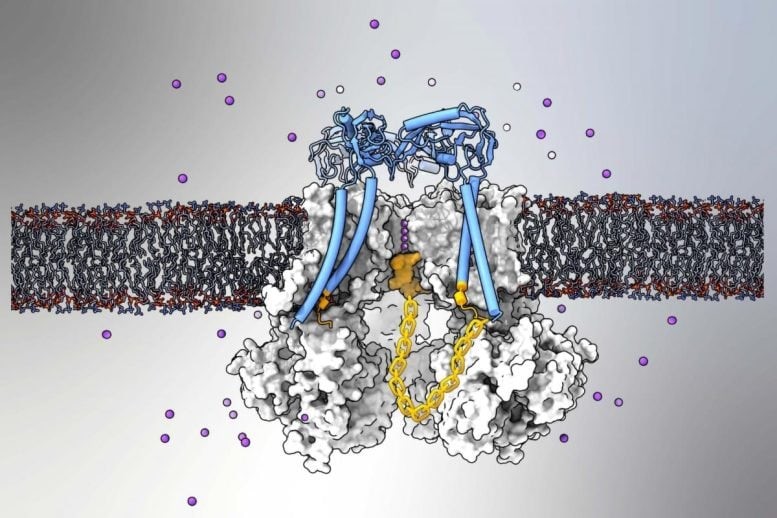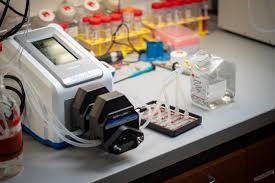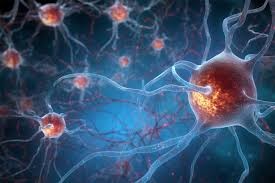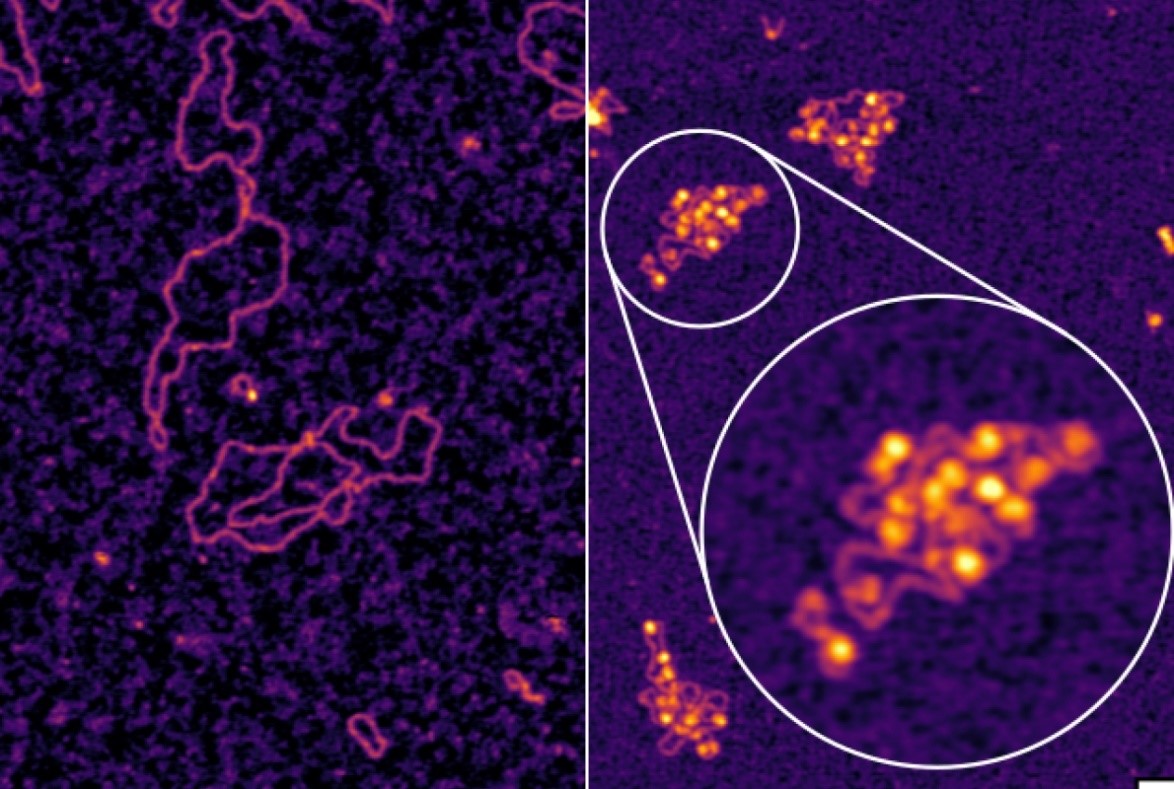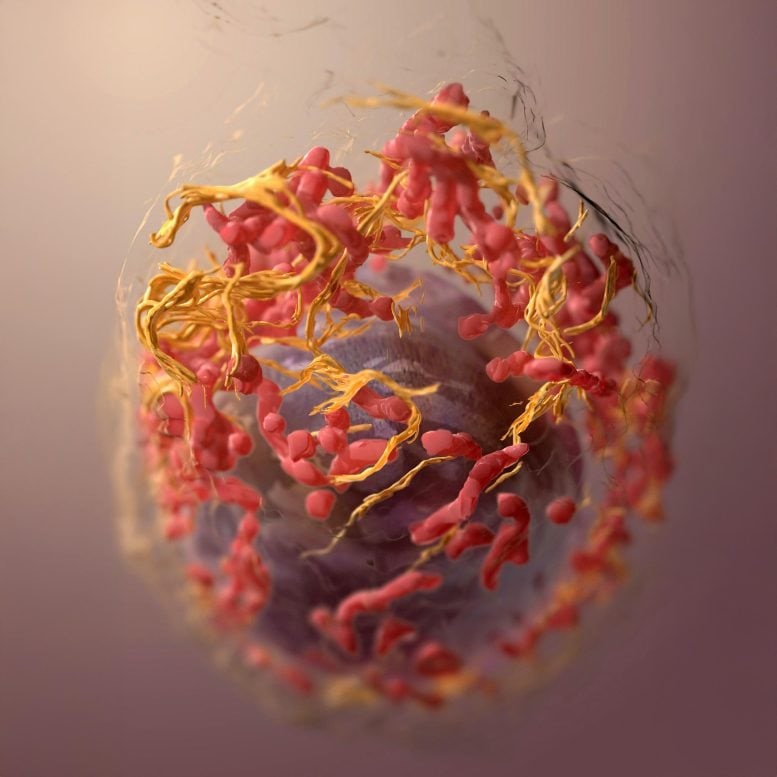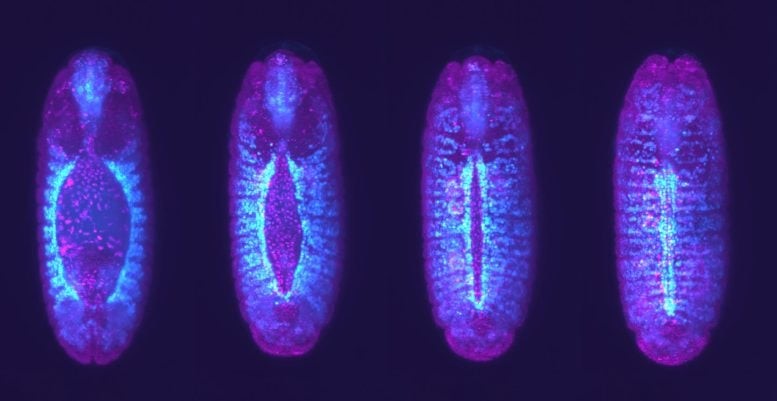This Lethal Fungus Manipulates the Immune System, Triggering the Brain to Destroy Itself
A study finds that the fungus Beauveria bassiana alters fruit flies' immune systems to destroy brain cells, leading to neurodegeneration, suggesting that fungal infections could potentially impact the human brain.
A recent study published in PLOS Biology shows that a fungal infection can stimulate a fruit fly's immune system, causing it to target its own brain cells and leading to neurodegeneration.

Figure 1.Deadly Fungus Hacks the Immune System, Causing the Brain to Self-Destruct.
Deadly Fungus Tricks Immune System into Destroying the Brain
Researchers have discovered that the fungus Beauveria bassiana triggers an immune response that leads to the destruction of neurons and glial cells in the brain. As a result, over half of the infected fruit flies died within seven days, while half of the uninfected control group survived for nearly 50 days.
In a study conducted by academics at the University of Birmingham, fruit flies were exposed to B. bassiana in controlled infection chambers [1]. After three days, the fungus had breached the blood-brain barrier and infiltrated the central brain. Figure 1 shows Deadly Fungus Hacks the Immune System, Causing the Brain to Self-Destruct.
The research revealed that the fungus manipulates the immune system by hijacking Toll receptors, which typically regulate immune responses. The Toll-1 receptor triggered the expected release of antimicrobial peptides (AMPs) to fight the infection. However, B. bassiana also provoked Toll-1 to produce a molecule called Sarm, which paradoxically suppresses immunity and leads to brain cell death.
Sarm: The "Master of Destruction"
“We have identified a mechanism by which fungi exploit the immune system to infiltrate the brain. While Toll receptors usually activate an immune response, in this case, they also trigger a pathway that leads to brain cell death instead.”
She further described Sarm as a "master of destruction," highlighting its role in driving brain cell death. By activating Sarm, B. bassiana bypasses the blood-brain barrier and begins feeding on brain tissue.
Dr. Deepanshu Singh, a former PhD researcher at the University of Birmingham and now a postdoctoral fellow at the University of Manchester, commented on the broader implications of these findings [2]. He noted that the study underscores the ongoing evolutionary battle between hosts and pathogens, where hosts develop stronger immune defenses while pathogens evolve new strategies to bypass them.
Importantly, the researchers clarified that B. bassiana does not pose a threat to humans. This fungus is specialized to infect various insect species but does not affect mammals. However, the study suggests that other fungal infections could, in theory, impact the human brain through similar mechanisms.
References
- https://scitechdaily.com/this-deadly-fungus-hacks-the-immune-system-causing-the-brain-to-self-destruct/
- https://www.sciencedaily.com/news/plants_animals/fungus/
Cite this article:
Keerthana S (2025),This Lethal Fungus Manipulates the Immune System, Triggering the Brain to Destroy Itself,AnaTechMaz,pp. 336







